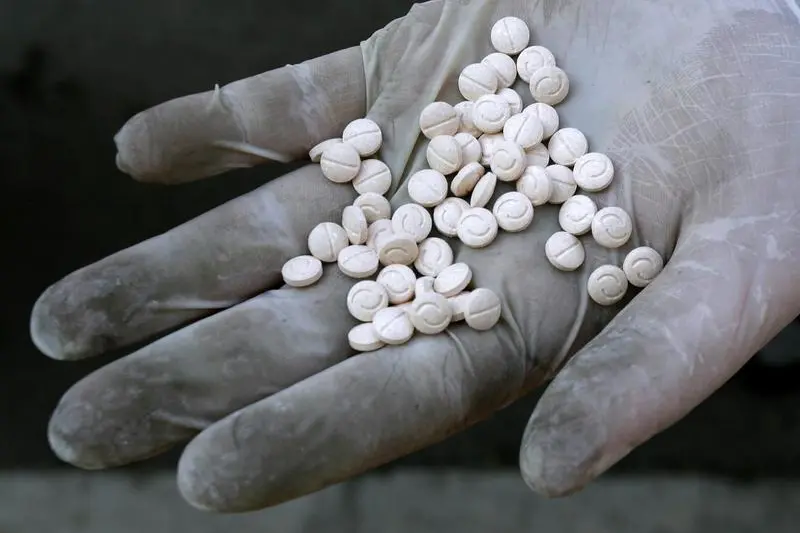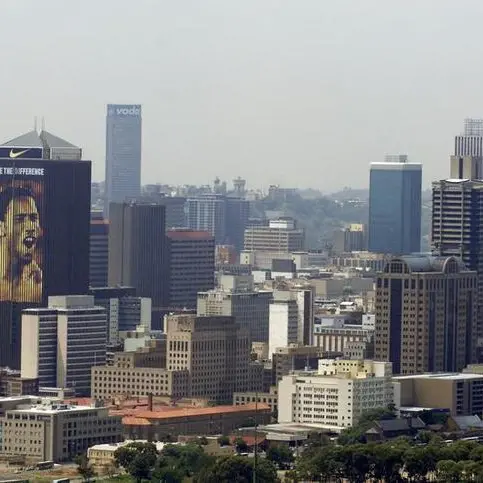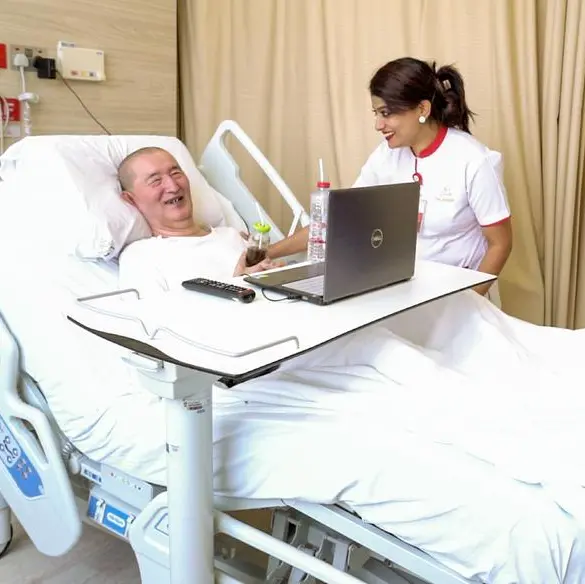PHOTO
WASHINGTON: The Biden administration said on Thursday it has negotiated down the prices of 10 top-selling prescription drugs used by Medicare by as much as 79% and hopes to save $6 billion in the first year, aiming to ease Americans' anger about high prices ahead of elections.
President Joe Biden's signature Inflation Reduction Act, signed into law in 2022, allows Medicare to negotiate prices for some of the most costly drugs that the program covers for 66 million people.
The new prices will go into effect in 2026. They represent cuts to individual list prices that do not reflect any rebates and discounts the government may already be getting for the drugs, although the government's estimated savings from the negotiations do take those discounts into account.
The administration said people covered by Medicare, which mostly serves Americans aged 65 and over, would also save $1.5 billion in out-of-pocket costs for the prescription medicines in 2026.
Merck & Co's diabetes drug Januvia faces the steepest percentage price cut of the drugs on the list, decreasing 79%, while Novo Nordisk's insulin aspart products will face the second steepest of 76%, according to the government.
The other eight drugs on the list face cuts of between 68% and 38%.
BMO Capital Markets analyst Evan Seigerman said the important comparison for investors would be the difference between the product's newly discounted price and the ultimate net price.
U.S. health secretary Xavier Becerra said in an interview that the government was reluctant to share net prices as they are considered confidential, declining to comment on whether they would be published in the future.
Drugmakers voiced their opposition to the new discounts that they said would not necessarily lower out-of-pocket costs for patients and could hinder future innovation. Several last month said they did not expect a significant impact on their businesses after seeing the confidential prices from the government.
Vanderbilt University professor Stacie Dusetzina said while the new discounts and savings were encouraging, they were not so aggressive that they would cause concern for the industry.
"It suggests to me that companies are still going to be able to make profits have incentives to innovate," she said.
Shares of Eli Lilly fell by 0.7% while those of Pfizer, Merck and AbbVie fell marginally in morning trading. Amgen and Bristol Myers Squibb's shares rose over 1% and U.S.-listed shares of Novo Nordisk were up nearly 2%.
The Democratic-run administration hopes the cost savings will ease Americans' anger about high prices, an issue they frequently say is their top concern headed into the closely contested Nov. 5 presidential election between Democratic Vice President Kamala Harris and Republican former President Donald Trump.
"Every American should be able to access the health care they need no matter their income or wealth," said Harris, who is holding events this week on her plans to cut costs.
Harris' tie-breaking Senate vote passed the law that allows for the drug-price negotiations, which no Republicans supported. In a statement, she also pointed to her work as California attorney general holding "big pharma accountable for their deceptive and illegal practices."
PRICE PAIN
BMS, which makes the bloodthinner Eliquis, said the 56% price cut to its drug would not solve the "biggest problem in patient affordability" of out-of-pocket costs that are determined by health insurers and pharmacy benefit managers.
Pharmacy benefit managers are companies that handle prescription drug benefits for health insurance companies, large employers, and Medicare prescription drug plans. They negotiate fees and volume-based discounts, known as rebates, on their behalf of payers with drugmakers and pharmacies.
Johnson & Johnson, whose Crohn's disease medicine Stelara and bloodthinner Xarelto face list price cuts of 66% and 62% respectively, said patients would face higher costs as a result of the price cuts.
Novo and AstraZeneca, whose diabetes drug Farxiga has had its list price cut by 68%, said they were not prepared to leave the Medicare program rather than accept new prices.
A spokesperson for AbbVie, whose cancer drug Imbruvica will face the least steep percentage cut of 38%, said the negotiated price was within the range anticipated.
More than half of voters in 2020 were over the age of 50, and healthcare consumes about 8% of Americans' spending, according to Pew Research Center and Labor Department data.
Inflation has ebbed, but higher prices since the COVID pandemic have left consumers smarting. Consumer prices rose 2.9% over the 12 months through July, and the category including prescription drugs gained roughly the same percentage.
The Medicare agency said it accepted revised counteroffers proposed by the drug manufacturers for four of the 10 selected drugs, while drugs companies accepted its final offers on five.
The administration released its list of the 10 costliest drugs to Medicare that would be subject to negotiations last year.
The pharmaceuticals industry has fought hard to block the Medicare negotiations, with several companies suing the administration and warning that they may have to curtail some drug development programs as a result.
The next round of Medicare drug price talks are expected to include 15 further drugs and begin in February.
Government officials are expected to provide further detail on how they reached the 2026 price cuts next year.
(Reporting by Patrick Wingrove, Trevor Hunnicutt and Bhanvi Satija; Editing by Stephen Coates, Chizu Nomiyama and Nick Zieminski)





















